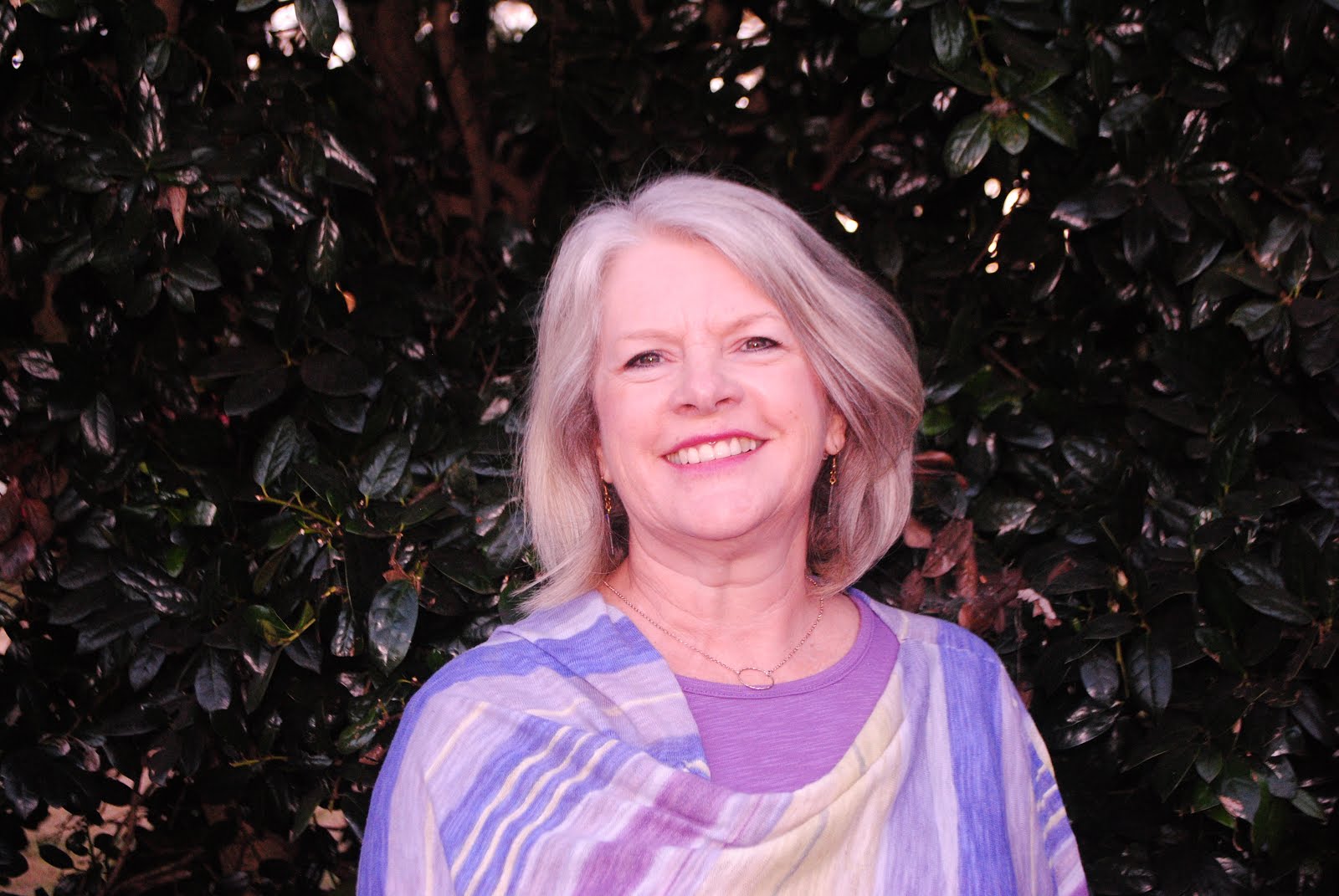I only managed to attend the Southern Festival once while living in North Carolina, so living here at the time of this annual celebration was just one more benefit of moving to Nashville.
I've been power-reading a lot lately, so I'm far behind in my book posts. This week, I plan to add posts about Ron Rash's latest novel
The Risen, Jonathan Safron Foer's
Here I Am, my most recent book club selection
Truly, Madly, Guilty, Beth Revis' YA novel
A World Without You, Emma Straub's
Modern Lovers, and Anna Quindlen's
Miller's Valley.
Today, though, I am processing all the great sessions I attended yesterday and the interactions with readers, authors, and booksellers.
Whenever I'm around events like this one, I can tell I'm with "my people." For years, when I attended the annual conference of the National Council of Teachers of English, I watched the way participants plotted out the sessions we would attend. People who arrived with colleagues played "divide and conquer," each attending a different session, being sure to pick up handouts, promising to share when the conference was over. We worked the exhibits, adding to our already over-the-top book collections and picking up posters, book marks, teaching tips.
This weekend, I saw some of the same behavior; in fact, I ran into a small group of teachers from Chattanooga I knew from a conference in Mississippi almost two years ago. They had their schedule mapped out. My own reading friends crossed paths frequently, but we each had our own priorities, and we promised to share once the festival ended.
I sat in on sessions with Curtis Sittenfeld, whose novel
Eligible I had read this year. I learned that she had been approached by the British Austen Society about writing the book, a modern retelling of
Pride and Prejudice, in the first place. She was on a panel with three other authors whose books I hadn't read (yet): Danielle Dutton, author of
Margaret the First; Adam Hadley, whose book
Imagine Me Gone was told in five first person points of view, and Yaa Gyasi's first novel
Homegoing. I made a point to make it to Gyasi's reading later in the day as well and found myself sitting by her parents, who immigrated from Ghana to Alabama.
I also heard one of my Lemuria First Editions Club author Brad Watson read from
Miss Jane. A special treat, though, was the session with Peter Furalnick, author of the book about
Sam Philips: The Man Who Invented Rock and Roll moderated by Pulitzer Prize-winning journalist Hank Klibanoff from my hometown Florence, Alabama. Guralnick said that when he started interviewing Phillips, he told him that the story wasn't in Memphis; it was in Florence. I had the opportunity to visit the Sam Phillips exhibit at the Country Music Hall of Fame with members of Phillips' family earlier this year, so I felt as if I had a little inside look at this story already.
I also made a point to attend a session of poets reading from the anthology
Hard Lines: Rough Southern Poetry. Poet William Wright had to cancel his appearance (and that's twice I've missed him at events where he was scheduled) but my colleague Jeff Hardin stepped in, along with Allison Adelle, Ed Madden, and Amy Wright. Each read on of his or her poems from the collection, along with a poem by another poet each admired.
As a festival volunteer, I was the host of the session with Beth Revis, YA author of
A World Without You, a novel set in a school for troubled teens--a detail readers must infer as the story builds. Revis, who lives back in my old stomping grounds of Western North Carolina, had told me in our initial communication that this story had a particular person connection. In the session, she told a lot about the process from birthing a book idea, to pitching, writing, and then going through the grueling editing process. She had planned her presentation meticulously so she could control her emotions during the session, reading just enough from the book to make her points without spoiling the experience for anyone who hadn't read the book yet.
I left the festival site with a little heavier bag and a much longer list of "must-read" books. Like a person with a song stuck in my head, I can't wait to pass my list on to you.

After the Book Festival: Time to Catch Up








